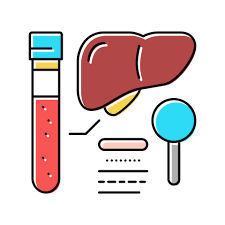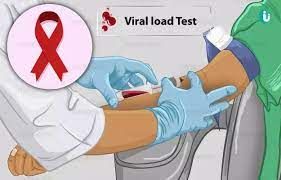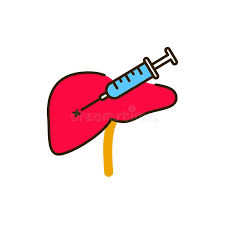Overview
Hepatitis E is a viral infection that affects the liver. It causes inflammation mainly transmitted through contaminated food or water. The risk of contracting hepatitis E for pregnant women is higher due to the changes in the immune system that occur during pregnancy. Pregnant women are at increased risk of complications from the infection. The strain on the liver can be more dangerous, leading to severe illness and complications such as liver failure, liver pain, jaundice, and even death.
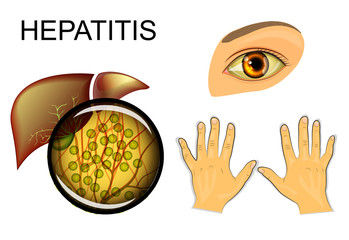
If you are pregnant and think you may have been exposed to hepatitis E, it is essential to seek medical attention as soon as possible. Early treatment can help prevent severe complications and ensure the best possible outcome for you and your baby.
Read ahead to learn about the possible risks, precautions, and treatment options.
Why hepatitis E is common in pregnancy?
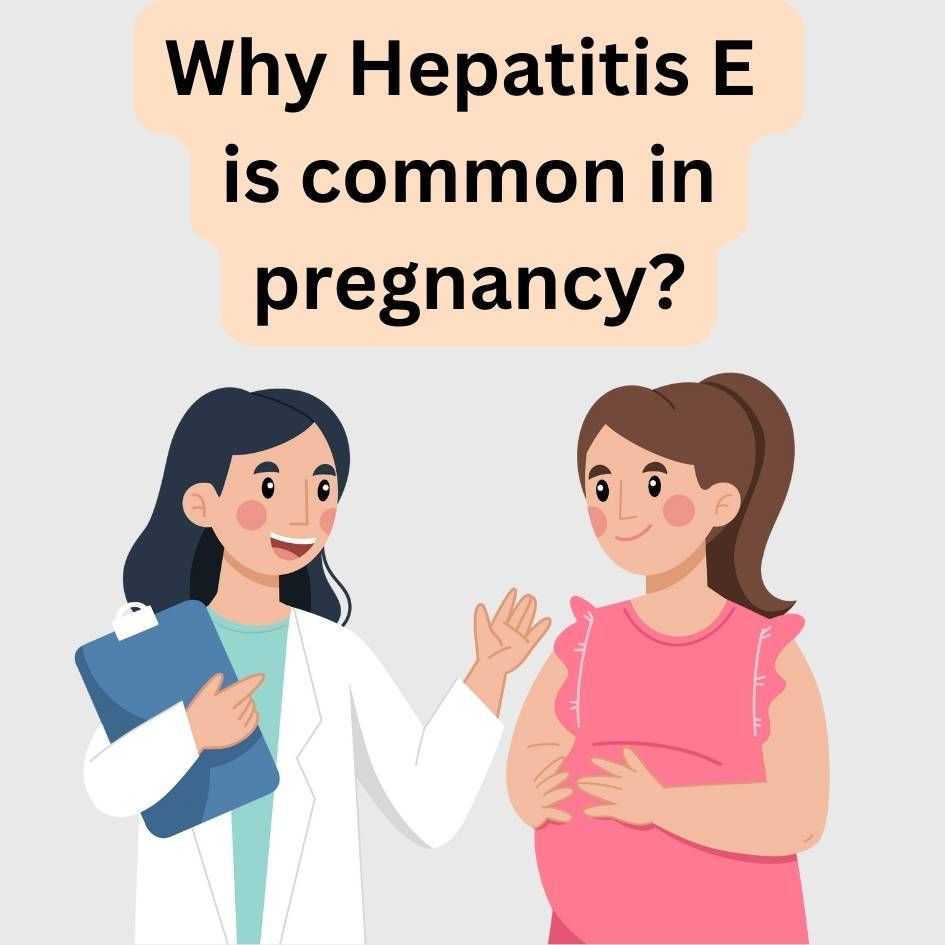
Hepatitis E is not considered a normal complication during pregnancy.
However, it is relatively common compared to other viral liver infections, such as hepatitis A, B, and C. This viral infection can cause liver inflammation in pregnant women.
Pregnant women are at a higher risk of contracting hepatitis E compared to non-pregnant individuals due to their decreased immune response during pregnancy.
If a pregnant woman does acquire the virus, there is an increased likelihood of developing acute liver failure and potential long-term effects. Additionally, there is a risk of transmitting the virus to the baby during delivery, which can result in a higher risk of fetal mortality or stillbirth.
For more information and advice, go to your Gynecologist if you are expecting and worried about your risk of contracting hepatitis E during pregnancy.
Your health is too important to ignore – schedule your appointment now.
Are you worried about whether you are diagnosed with hepatitis e or not?
So let's discuss the symptoms!
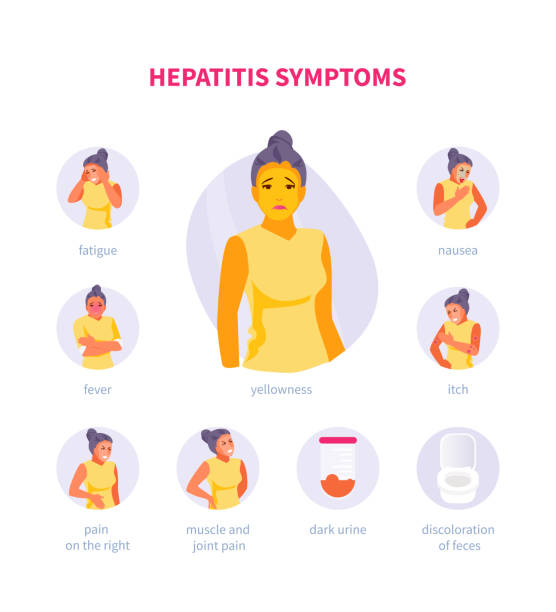
What are the Symptoms of Hepatitis E in Pregnancy?
Symptoms of hepatitis E may appear anywhere from 2 to 8 weeks after exposure to the virus. It can vary, as some people may not have any symptoms.
However, common symptoms of hepatitis E in pregnancy include
- Fatigue
- Nausea and vomiting
- Abdominal pain
- Loss of appetite
- Yellowing of the skin and whites of the eyes (jaundice)
- Dark urine
- Clay-colored stools
These symptoms can range from mild to severe and can cause a higher risk of developing severe illness and complications such as the formation of gallstones, liver failure, miscarriage, and stillbirth.
If you are pregnant and experiencing these symptoms, you must go to a Gynecologist as soon as possible.
They can test you for hepatitis E and provide appropriate treatment if necessary.
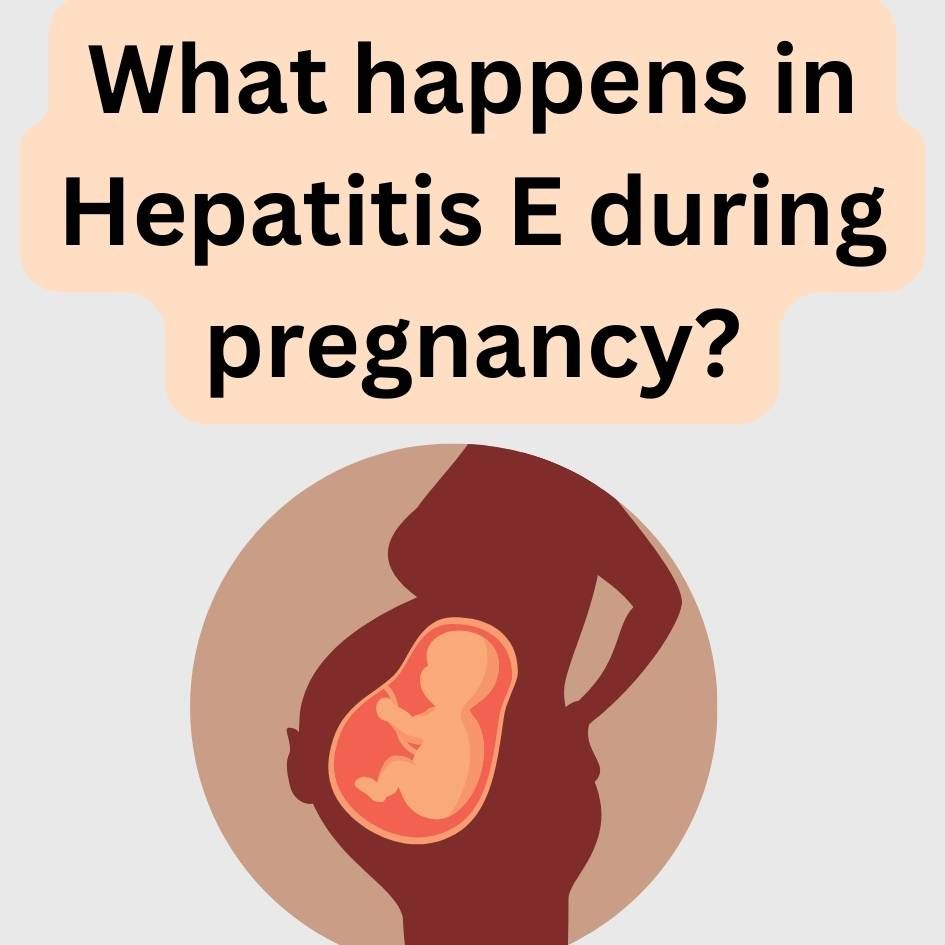
What happens if you have Hepatitis E during pregnancy?
If you have hepatitis E during pregnancy, it can cause serious complications for you and your baby.
In pregnant women, hepatitis E can cause an increase in liver enzymes, which are proteins that help break down and remove waste from the body.
Here are some potential consequences of hepatitis E infection during pregnancy:
- Premature delivery or miscarriage: This can lead to complications for the baby, such as low birth weight and respiratory problems.
- Acute liver failure: can cause inflammation of the liver (hepatitis), which can be life-threatening for both the mother and the baby.
- Stillbirth: In severe cases, hepatitis E infection during pregnancy can lead to stillbirth (baby's death before delivery).
- Complications for the mother: Hepatitis E infection during pregnancy can cause complications for the mother, such as jaundice (yellowing of the skin and whites of the eyes) and fatigue.
This might require careful observation throughout the pregnancy and delivery and any necessary supportive care and medication.
According to a medical professional company, Healthwire private limited, a digital healthcare company from Pakistan, stated -
Hepatitis E during pregnancy is not only damaging to the fetus's health but is also deteriorating the mother’s health. This leads to a high risk of preterm delivery in women and low chances of natal survival both in the womb and after the baby's birth.
According to an estimate, almost 15 to 25% of fetus dies if the mother is suffering from Hepatitis E during pregnancy.
Hepatitis E-positive pregnant women are at risk, especially those in their second or third trimesters.
Let's see!
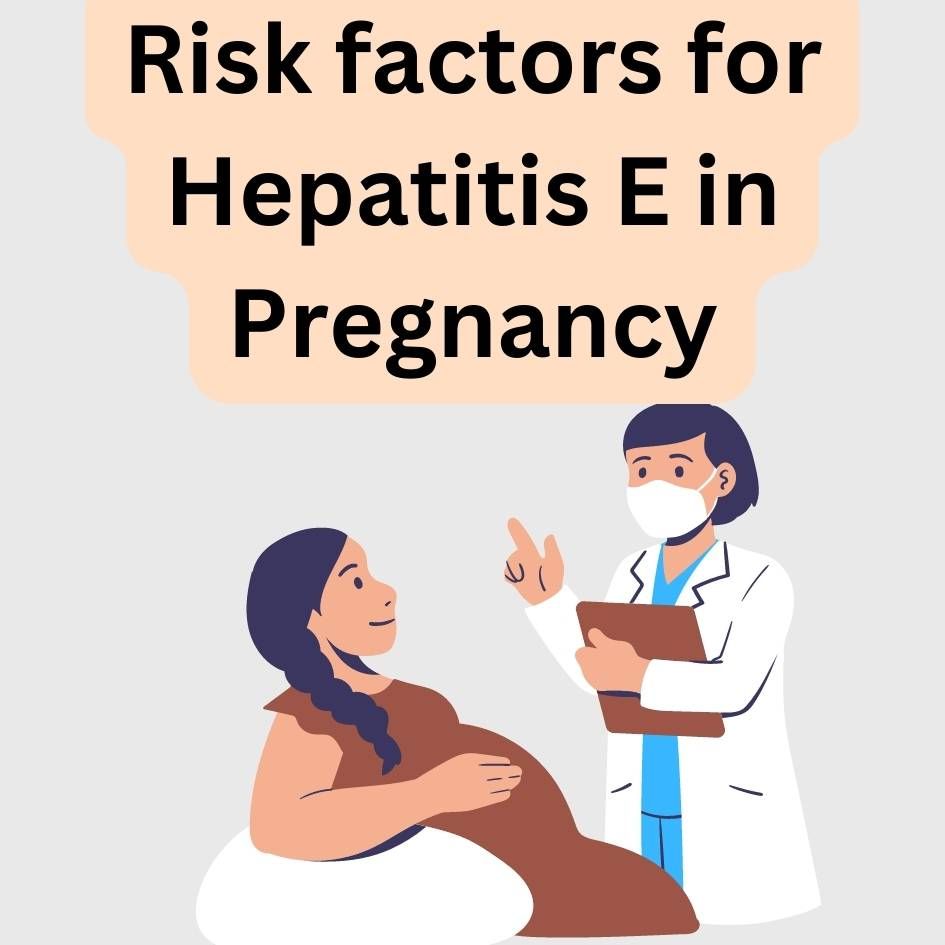
What are the risk factors for Hepatitis E in Pregnancy?
A hepatologist can test you for the virus and provide treatment if necessary.
There are several risk factors for hepatitis E in pregnancy, including
- Travel to areas where hepatitis E is more common: Hepatitis E is more common in developing countries, where it is transmitted through contaminated water. Pregnant women who travel to these areas may be at increased risk of contracting the virus.
- Compromised immune system: Pregnant women with compromised immune systems, such as those with HIV or AIDS, may be at increased risk of contracting hepatitis E.
- Certain medical conditions: Pregnant women with certain medical conditions, such as kidney or liver disease.
- High-risk behaviors: Pregnant women who engage in high-risk behaviors, such as injecting drugs or having unprotected sex.
- Poor hygiene: Pregnant women who do not practice good hygiene, such as washing their hands frequently and avoiding contact with contaminated water or food.
- Lack of access to clean water: Pregnant women who do not have clean water or drink contaminated water are at higher risk of hepatitis E infection.
- Poor sanitation: Pregnant women who live in areas with poor sanitation, such as areas with a lack of proper sewage treatment and disposal
- Raw or undercooked food: Pregnant women who eat raw or undercooked food, particularly pork, are at higher risk of hepatitis E infection.
It is essential to be aware of these risk factors and to take steps to reduce the risk of infection.
Why are you scared?
Relax!
Let's see some treatments for the same!
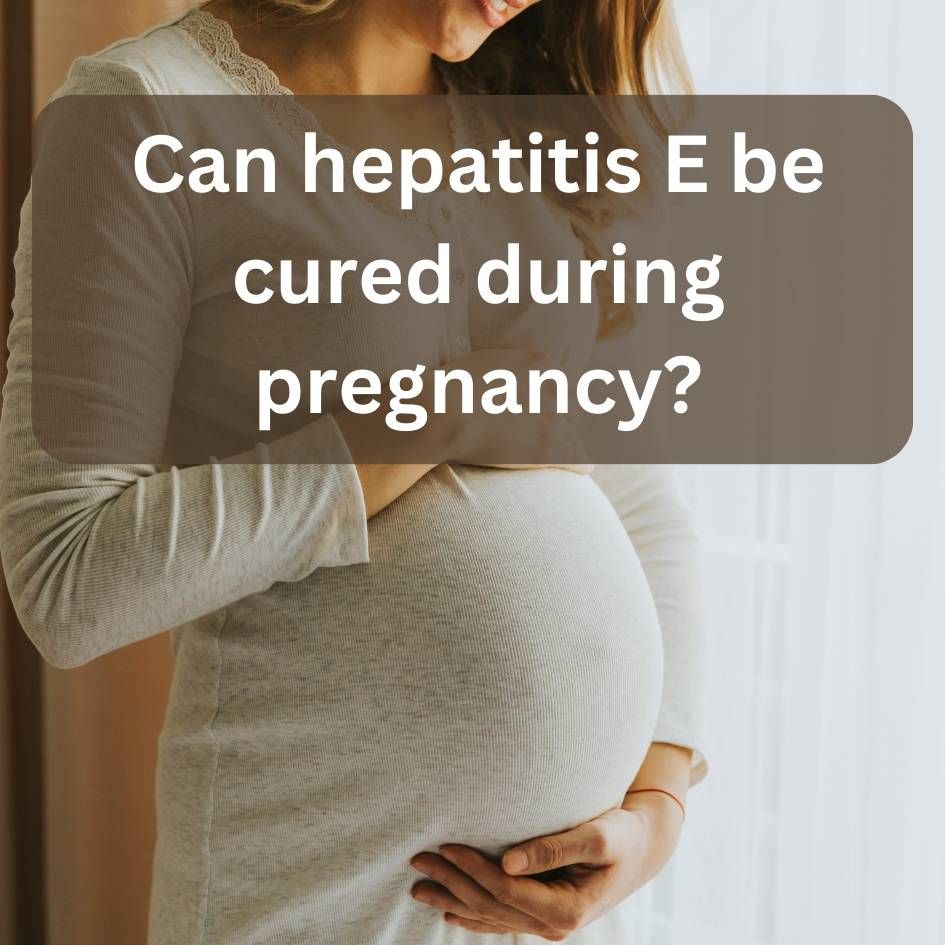
Can hepatitis E be cured during pregnancy?
The mainstay of treatment for hepatitis E is supportive care, which may include rest, hydration, and pain management. Sometimes pregnant women with hepatitis E may also be advised to avoid certain medications that could potentially harm the developing fetus.
Treatment for hepatitis E in pregnancy may include
- Supportive care: rest, fluids, and medications to manage symptoms such as nausea and vomiting.
- Hospitalization: In severe cases, hospitalization may be necessary to provide supportive care and monitor the mother's and baby's condition.
- Medications: If a liver failure occurs, the mother may need to be treated with medications to support liver function or may need a liver transplant.
In severe cases, treatment may include medications to manage liver function and supportive care such as intravenous fluids and electrolytes.
There is currently no vaccine available to prevent hepatitis E, so the best way to reduce your risk of infection is to practice good hygiene and avoid drinking contaminated water or eating raw or undercooked food.
Disclaimer: As per a recent study, no established treatment for HEV in pregnant women is currently available.
Want to inquire about personalized treatment expenses? Don't hesitate. Talk to us today.
Consult your Hepatologist as soon as you think you may have been exposed to hepatitis E while you are pregnant, so they can conduct a test and start treating you.
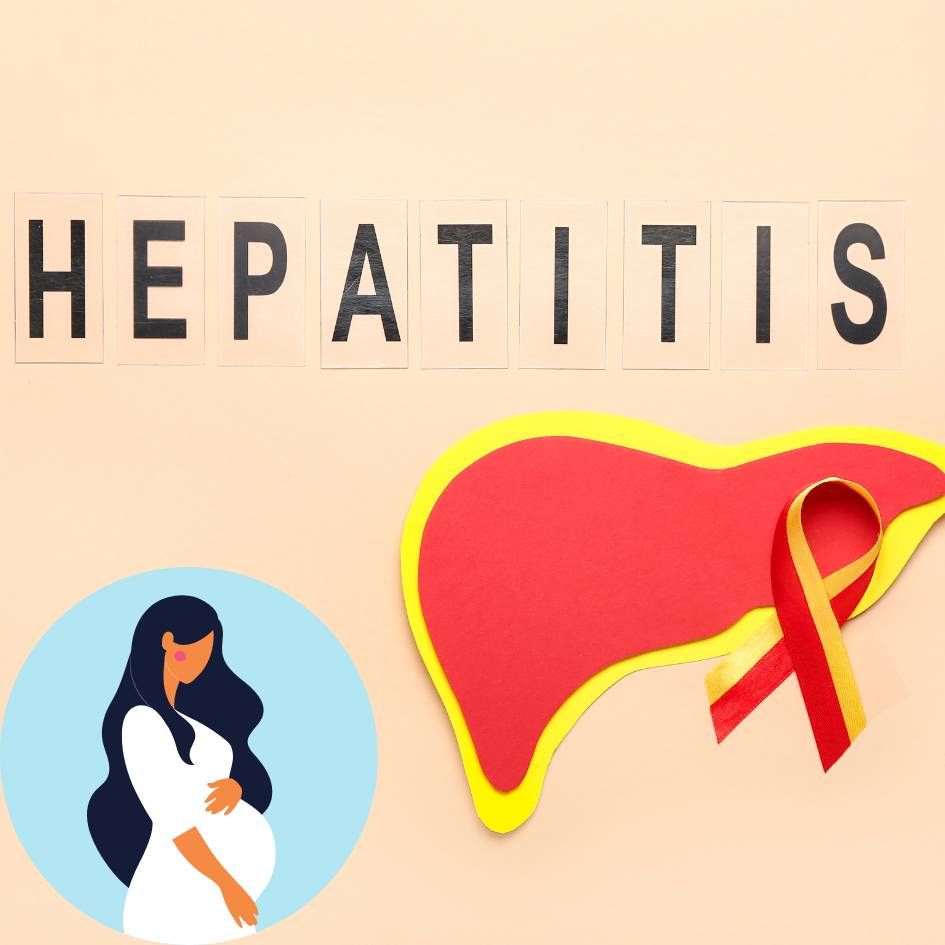
How to diagnose Hepatitis E during Pregnancy?
Several tests can be used to diagnose hepatitis E during pregnancy. Likewise, an anomaly scan is done to evaluate the structural development and anatomy of the fetus. These tests are used to detect the presence of the hepatitis E virus (HEV) in your blood and to evaluate your liver function. Some common tests used to diagnose hepatitis E include
| Test | Details |
Blood tests
|
|
Liver function tests
|
|
Viral load test
|
|
Liver biopsy
|
|
Ultrasound |
|
The Hepatologist will recommend the appropriate tests based on symptoms and medical history. It is essential to follow their recommendations and share relevant information about your medical history and any recent virus exposure.
Is the recovery time very long?
Let's see!
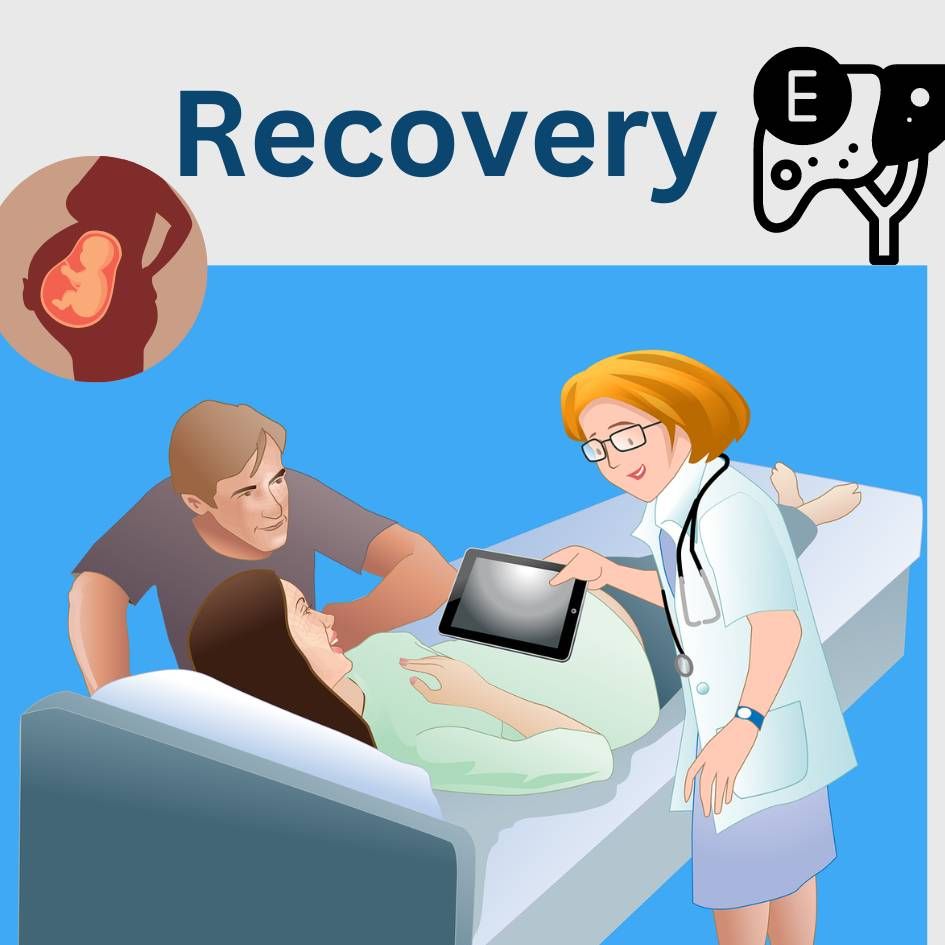
How long does it take to recover from Hepatitis E during Pregnancy?
The length of time it takes to recover from hepatitis E during Pregnancy can vary depending on the severity of the infection and the patient's overall health.
In most cases, hepatitis E can be successfully treated with supportive care, including rest, fluids, and medications to manage symptoms such as nausea and vomiting by the hepatologist. In severe cases, hospitalization may be necessary to provide supportive care and monitor the mother's and baby's condition.
HEV during Pregnancy is correlated to a poor outcome for mother and child; in extreme cases, it can end in acute hemorrhagic hepatitis and death.
Take the first step to recovery. Get in touch with us for your treatment.
Will having Hepatitis E affect your labor and delivery?

Hepatitis E can potentially affect labor and delivery in several ways.
Pregnant women with hepatitis E may be more likely to experience complications during labor and delivery, including
- preterm labor and delivery,
- prolonged labor,
- and the need for cesarean delivery.
In severe cases, hepatitis E can lead to liver failure, which can be life-threatening for both the mother and the baby.
Liver failure during pregnancy can cause complications such as
- fetal distress, placental abruption,
- And bleeding during delivery.
- It can also cause the mother to enter labor prematurely, which can increase the risk of complications for the baby.
It is essential for pregnant women with hepatitis E to receive prompt and appropriate medical treatment from gynecologists to help prevent these complications and ensure the best possible outcome for both the mother and the baby.
This may involve close monitoring during pregnancy and delivery, as well as supportive care and medications as needed.
Are you thinking of your unborn child?
Will hepatitis affect you? Here is the answer.

If I have Hepatitis E, what does this mean for my newborn?
In some cases, hepatitis E can be transmitted from the mother to the baby during Pregnancy or delivery.
The severity of the infection can vary, and some babies may not have any symptoms.
If the baby becomes infected, it may develop symptoms within a few weeks of birth.
Symptoms of hepatitis E in babies may include:
- Jaundice (yellowing of the skin and whites of the eyes)
- Dark urine
- Clay-colored stools
- Fatigue
- Poor appetite
If your baby is born with hepatitis E, it is essential to consult a Gynecologist.
They will assess your baby's condition and determine the best course of treatment to manage their symptoms and prevent complications.
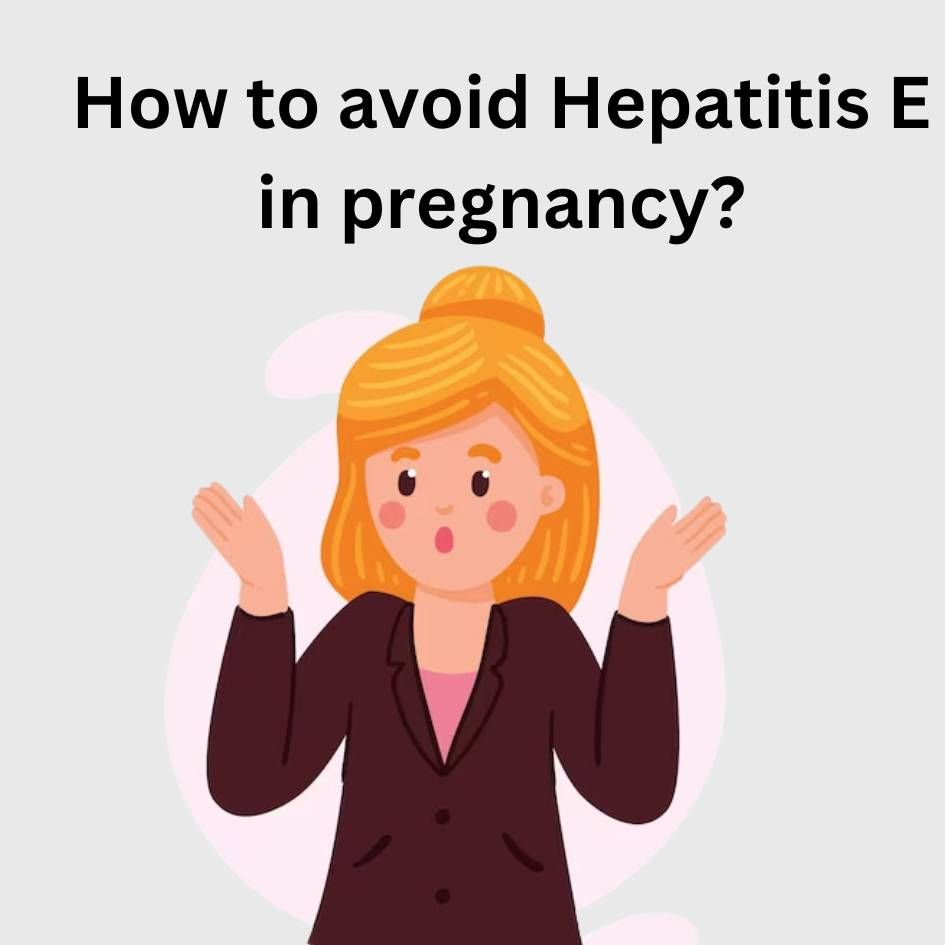
How to avoid Hepatitis E in pregnancy?
Hepatitis E is a viral infection that can cause liver inflammation and is transmitted through contaminated food and water. It is especially dangerous for pregnant women, as it can lead to severe illness and even death. Here are some steps you can take to reduce your risk of contracting Hepatitis E during pregnancy:
- Practice good hygiene: Wash your hands frequently with soap and water, especially before eating or preparing food.
- Drink safe water: Make sure the water you drink is safe and free of contaminants. Avoid drinking water from sources that may be contaminated.
- Eat safe food: Avoid eating raw or undercooked meats, and make sure that all food is cooked thoroughly and handled properly to prevent contamination.
- Avoid areas with outbreaks: If there is a Hepatitis E outbreak in your area, try to avoid exposure to contaminated water and food.
- Get vaccinated: A vaccine is available for Hepatitis E but is not widely available in all countries. If you are pregnant and live in an area where Hepatitis E is common, talk to your healthcare provider about getting vaccinated.
- Get treatment if you develop symptoms: If you develop symptoms of Hepatitis E, such as fever, abdominal pain, jaundice (yellowing of the skin and whites of the eyes), or dark urine, seek medical treatment as soon as possible. Early treatment by a hepatologist can improve your chances of full recovery.
If you need more information regarding the same!
References:

